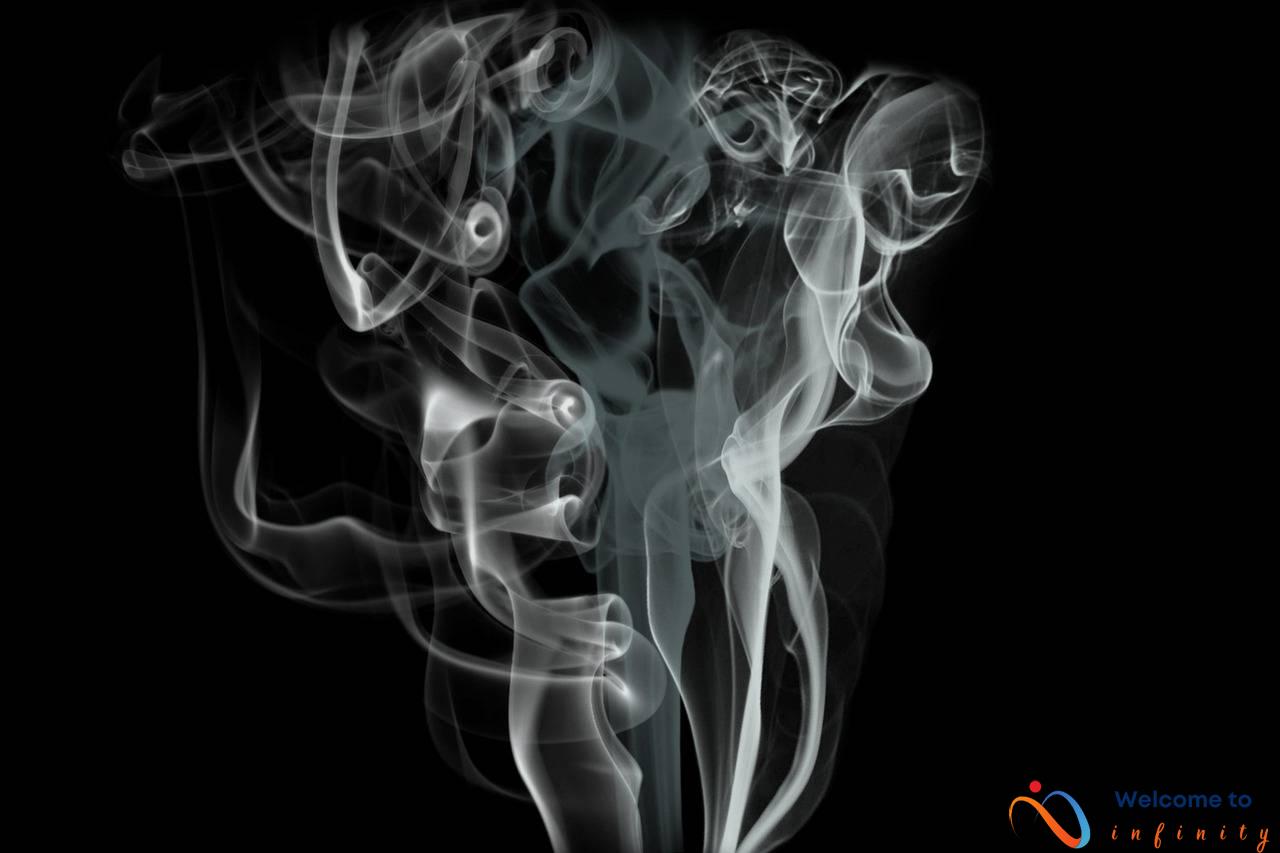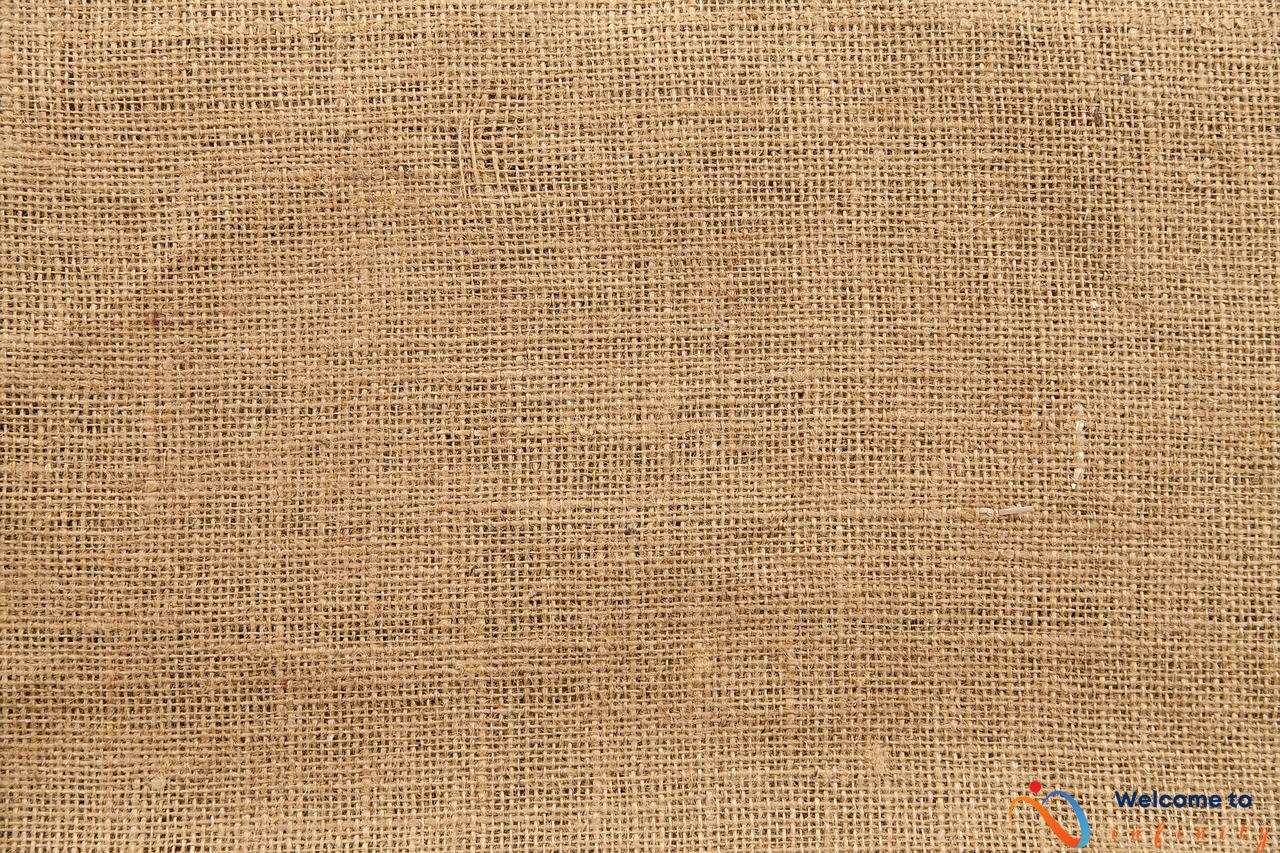Everyone wants healthy, glowing skin, and one of the key factors in achieving this is getting enough sleep. When you don't get enough sleep, it can lead to a variety of negative consequences for your skin's health and appearance.
One of the most noticeable effects of sleep deprivation on your skin is the appearance of dark under-eye circles. Lack of sleep can also cause your skin to become dry and dull, exacerbating the appearance of fine lines, wrinkles, and other signs of aging. In addition, sleep deprivation can lead to increased inflammation which can worsen acne, rosacea, and other skin conditions.
So why exactly is sleep so important for healthy skin? When we sleep, our bodies go into repair and regeneration mode. This is especially true for our skin, which is able to produce collagen more effectively during this time. Collagen is what gives our skin its elasticity, and a lack of it can lead to sagging and wrinkles.
Getting enough sleep also helps to improve circulation, leading to a brighter and more even complexion. Additionally, sleep gives our skin a chance to recover from daily environmental stressors such as UV radiation, pollution, and other irritants.
If you're looking to improve your skin's health and appearance, making sure you get enough sleep is essential. Try to aim for at least seven to nine hours of quality sleep each night to help your skin look its best. If you're having trouble falling or staying asleep, try establishing a relaxing bedtime routine, limit screen time before bed, drink soothing tea, and sleep in a cool, dark room.
How Sleep Affects Your Skin
Sleep deprivation can have a significant impact on the health and appearance of your skin. When you don't get enough sleep, it can lead to various skin problems. One of the most common signs of sleep deprivation is the appearance of dark under-eye circles. Lack of sleep can cause blood vessels under the eyes to dilate, leading to dark circles.
Dry skin is another common side effect of sleep deprivation. When you don't get enough sleep, your body may produce less hydration, leading to dry and flaky skin. Moreover, lack of sleep can make your skin age more quickly, leading to the development of fine lines and wrinkles.
In addition to these issues, sleep deprivation can also increase inflammation in the body, leading to skin problems like acne and psoriasis. It can also worsen existing skin conditions, making them more challenging to manage and treat.
To keep your skin healthy and glowing, it's crucial to prioritize sleep and sleep hygiene. Establishing a regular sleep schedule, avoiding caffeine and alcohol in the evening, and creating a peaceful sleep environment can all help you achieve more restful, restorative sleep.
Why Sleeping is Essential for Healthy Skin
Sleeping isn't just essential for overall bodily health. It also plays a crucial role in your skin's health and appearance. While you sleep, the body undergoes numerous cellular and metabolic changes that help restore and renew skin cells from daytime damage, while also promoting the production of collagen.
Collagen is a protein that gives the skin its elasticity, firmness, and plumpness. Lack of collagen leads to sagging skin, wrinkles, and fine lines. When you sleep, your body restores and rejuvenates collagen production, leading to healthier, smoother, and more youthful-looking skin.
Moreover, sleep is also associated with stress reduction, and stress can lead to breakouts and skin inflammation. Getting a good night's sleep helps reduce stress levels, leading to improved skin health and appearance.
It's essential to prioritize sleep to ensure your skin remains healthy, radiant, and youthful. In addition to promoting skin repair and regeneration, lack of sleep can also cause dark circles, dry skin, and an overall dull complexion.
Sleeping Positions for Clear Skin
Sleeping positions can also affect the health and appearance of your skin. Sleeping on your back is the best position for preventing wrinkles and breakouts. When you sleep on your side or stomach, the pressure on your face can lead to the development of fine lines and wrinkles. Moreover, the friction and heat caused by your pillow and bedsheet may cause breakouts, irritation, and inflammation on your skin.
Sleeping on your back also creates less tension on your facial muscles, preventing the formation of deep wrinkles. Additionally, gravity can cause fluids to collect under your eyes, leading to puffiness and dark circles. Sleeping on your back helps alleviate this issue, reducing the appearance of under-eye bags.
- If you find it difficult to sleep on your back, you can place a pillow or towel under your knees to elevate them slightly. This will help you maintain the position throughout the night.
- Avoid sleeping on your stomach or side as much as possible to prevent the development of wrinkles and inflammation on your skin.
While it may take some time for your body to adjust to this new sleeping position, it is worth it for the benefits it provides to your skin. Consistently sleeping on your back can lead to healthier, smoother, and more radiant skin.
How Much Sleep Do You Need for Clear Skin?
If you're looking to achieve healthy and glowing skin, getting enough sleep is essential. But how much sleep do you actually need for clear skin? The answer is seven to nine hours of sleep a night. This recommended amount of sleep applies to people of all ages, from infants to adults.
While the exact amount of sleep needed may vary from person to person, getting at least seven hours of sleep each night has been linked to better overall health and can be an effective way to boost your skin health too. When you're well-rested, your skin has time to repair and regenerate, which can lead to healthier, smoother skin. Additionally, getting enough sleep helps to produce collagen, which is essential for maintaining the skin's elasticity and firmness.
It's important to note that getting too little sleep or poor quality sleep can have adverse effects on your skin, including dark under-eye circles, dry skin, and a higher likelihood of developing fine lines and wrinkles.
So if you're looking to improve the appearance of your skin, make sure to prioritize a healthy amount of sleep each night. If you have trouble falling or staying asleep, try incorporating natural sleep aids like a bedtime routine, limiting screen time before bed, drinking soothing tea, and sleeping in a cool, dark room. By getting enough shut-eye, you'll soon notice healthier, clearer skin.
Natural Ways to Improve Sleep for Better Skin
If you're struggling with getting enough sleep and noticing that your skin is suffering, there are natural ways you can improve your sleep for better skin. A consistent bedtime routine can be a great way to help signal to your body that it's time for sleep. This can include things like taking a warm bath, reading a book, or listening to calming music.
In addition, limiting your screen time before bed can help your brain wind down and prepare for sleep. The blue light emitted by electronic devices can disrupt your natural sleep rhythms, so try to avoid using them for at least an hour before bedtime.
Drinking soothing tea before bed can also aid in relaxation and better sleep. Chamomile tea is a popular choice, as it has a calming effect on the body and can relieve stress. Other herbal teas like lavender or valerian root can also promote relaxation and better sleep.
Sleeping in a cool, dark room can also help you achieve better sleep and better skin. The ideal temperature for sleeping is between 60-67 degrees Fahrenheit, as this temperature range helps promote deeper, more restful sleep. Investing in blackout curtains or a sleep mask can also help block out any excess light that may disrupt your sleep.
Incorporating these natural remedies into your sleep routine can help you achieve better sleep, leading to healthier, glowing skin. By prioritizing your sleep and taking steps to improve it, you'll not only look better but feel better too.












